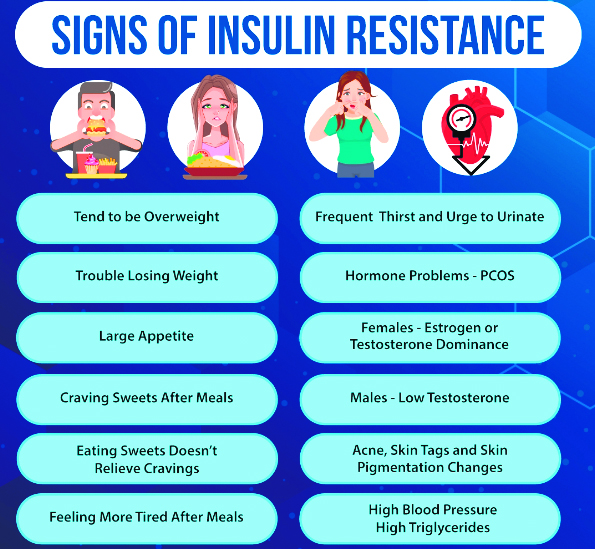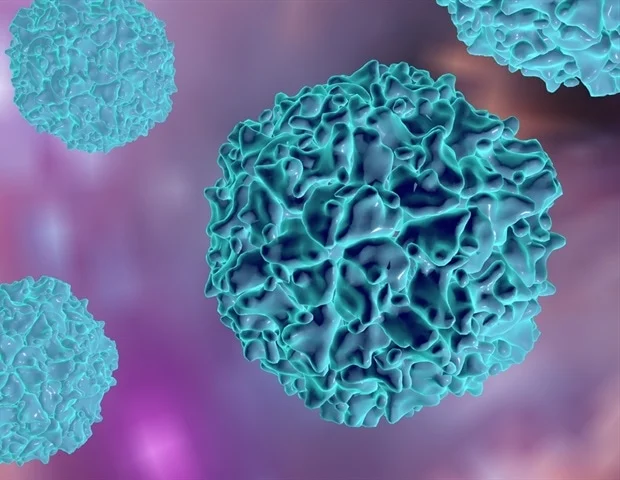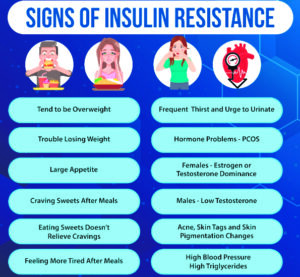The pancreas releases insulin, a hormone crucial for regulating blood sugar levels by faciliting the entry of glucose into cells. In instances of insulin resistance, cells experience difficulty allowing glucose inside, leading to elevated blood sugar levels that pose a risk of damaging blood vessels and organs. To counteract this resistance, the pancreas increases insulin production, ultimately inducing cellular . In the face of an increasingly prevalent health concern, the exploration of natural strategies to combat insulin resistance takes center stage. This article delves into a crucial dialogue surrounding lifestyle modifications, dietary choices, and holistic approaches that empower individuals to proactively address this metabolic challenge.
7 Natural Ways to Reduce Insulin Bring RESISTANCE
Explore these simple yet effective approaches to bolster insulin sensitivity and promote overall well-being.
Increase Physical Activity
Engaging in regular exercise facilitates the transport of sugar into muscles for storage. Committing to half an hour of exercise 3-5 times a week can trigger an immediate boost in insulin sensitivity, with more lasting effects observed after maintaining this routine for at least eight weeks. Moreover, various studies have highlighted the positive impact of resistance training on insulin sensitivity, benefiting both men and women, whether with or without diabetes.
Incorporate Intermittent Fasting
Research indicates that adopting intermittent fasting approaches, can effectively decrease fasting insulin levels and alleviate insulin resistance. In individuals dealing with obesity and insulin resistance, a notable study revealed a substantial 52% reduction in fasting insulin and a 53% decrease in insulin resistance for those practicing intermittent fasting.
Reduce Carbohydrate Consumption
Managing carb intake is a straightforward approach to enhancing insulin sensitivity, as carbs can elevate blood insulin levels. Opting for complex carbs rather than simple or refined ones is advisable. Restrict your carb intake to 1-2 servings per meal, with each serving approximately equivalent to one slice of bread. This uncomplicated adjustment can be instrumental in promoting better insulin sensitivity. Combining vegetables with carbs also helps to control elevated blood insulin levels.
Prioritize High-Quality Protein Intake
Balanced protein consumption plays a pivotal role in regulating insulin production, leading to a gradual rise in blood sugar post-meal. Incorporating high-quality protein into your daily diet can significantly enhance insulin sensitivity while ensuring sustained energy levels. Meeting general protein recommendations, which typically rangeight, can be achieved through sources like tofu, lentils, nuts, and seeds. By choosing these protein-rich options, you not only support insulin sensitivity but also promote overall well-being.
Minimize Sugar Consumption
Curbing the intake of refined sugars is crucial, given their swift absorption, leading to elevated blood glucose levels. This spike prompts an excess production of insulin. Steer clear of beverages such as sodas and sports drinks that feature high fructose corn syrup, as these can contribute to insulin resistance.
ENHANCE CULINARY DELIGHTS WITH HERBS AND SPICES
Elevate the nutritional profile of your meals by incorporating a variety of herbs and spices, such as fenugreek, turmeric, ginger, cinnamon, and garlic. These ingredients have demonstrated promising results in promoting increased insulin sensitivity (25Trusted Source, 26Trusted Source). Further exploration reveals that other herbs, including basil, dill, fennel, parsley, cumin, nutmeg, oregano, and rosemary, may also contribute to this positive effect. Research highlights the presence of over 900 compounds in various herbs and spices, underscoring their potential in reducing insulin resistance.
Prioritize Adequate Sleep
Establishing a crucial connection between sleep quality and insulin sensitivity, studies emphasize the impact of poor sleep on metabolic health. Sleep deprivation not only compromises insulin sensitivity but also escalates the risk of heart disease and type II diabetes. Strive for a nightly sleep duration of 7-8 hours to support optimal rest and, in turn, enhance insulin sensitivity.
Conclusion
It’s crucial to recognize that numerous natural strategies can enhance insulin sensitivity. Exploring the recommendations in this article offers actionable steps to boost insulin sensitivity and reduce the risk of disease. Incorporating these suggestions into your lifestyle can contribute to better overall health and metabolic well-being.
Deputy Chief Medical Officer), Jindal Naturecure Institute.














